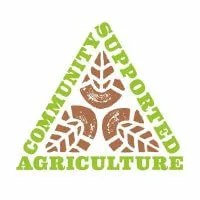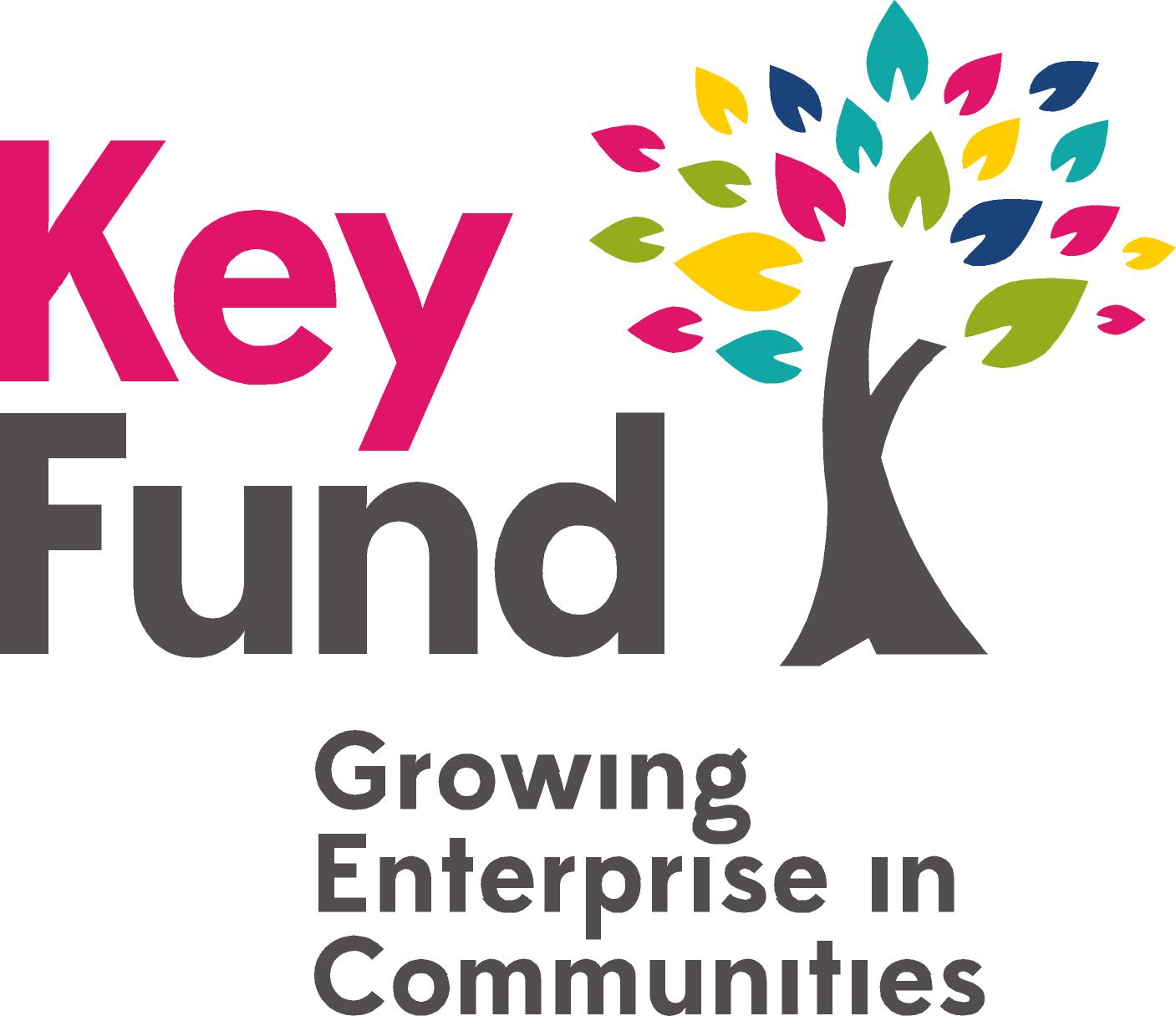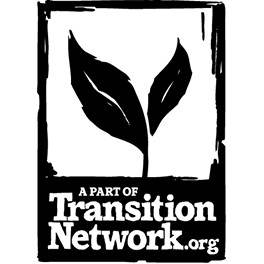

On Thursday 6/01/23, after a morning of veg box packing I visited a local supermarket and bought the same ingredients that we were adding to our fruit and veg boxes that day, and compared them. Here’s what I found.
The overwhelming difference between the two is the amount of plastic that Organic fruit and veg comes in in supermarkets. Everything is pre-packaged. It’s actually not possible to buy loose Organic produce in the supermarket I went to, and I believe there are two reasons for this: 1) Organic costs more so they don’t want the customer switching produce around and claiming it’s the cheaper non-organic option at the till 2) In order to satisfy the Organic standards – they have to be able to prove that it is organic, and because they sell non-organic of the same produce they have to keep them separate & not “cross-contaminate”.
The obvious downside for the customer is the amount of soft plastic that you are left with and is difficult to recycle – as it’s not currently accepted in home recycling bins. The other is that the supermarket chooses the quantity of produce that I buy. For example, the potatoes were only available in 2kg bags. This could create greater chances of food waste as you are forced to buy more than perhaps you want.

My shopping trip to the supermarket cost me £14.55. For this I bought:
Potatoes, onions, carrots, mushrooms, avocados, cabbage, parsnips, clementines and apples.
This was the equivalent number of varieties as a Medium Veg Box and an Extra Small Fruit Box from Regather. Which costs £10.10 + £5.10 = £15.20.
A difference of 65p.
At the supermarket, the price per kilo is lower so you also got more produce of each item than you would in our fruit and veg boxes this week.
So the supermarket does win on price. That’s not surprising considering the volumes they buy in and supermarkets’ documented refusal to pay “fair” prices to farmers. Most recently in the news, was the egg shortages as UK egg producers face a double headache of avian flu, soaring costs and little increase in price for their product from supermarket buyers.
When you bring in delivery fees, there’s more to consider. One supermarket, offers the following delivery fees:
The average spend of our customers for delivery, fruit, veg, milk, bread and any other extras is around £21. Our delivery fees range from £2.50 to £3.50 depending on how far out you live. We have no minimum order value. So delivery can either be cheaper or more expensive from the supermarket depending on several factors.
On convenience, eating from a box scheme is significantly different from eating from a supermarket. You are removing an element of choice that you get when you place every single item in your basket at the supermarket. Instead, a box scheme will choose what will go in your box based on 1) Seasonal availability 2) Locality 3) Achieving best value & variety.
However, eating organic from the supermarket wasn’t super easy either. I originally wanted to buy fennel as this was going in our veg boxes this week. But this wasn’t available in either organic or non-organic. I also couldn’t find organic beetroot or avocados. So choice is a bit more limited when trying to buy organic from the supermarket. Not everything has an organic option.

From the supermarket:
Potatoes (Inverness), Onions (Netherlands), Carrots (Shropshire), Mushrooms (Yorkshire), Avocados (Israel), Cabbage (Spain), Parsnips (Shropshire), Clementines (Spain) and Apples (Italy).
4/9 from the UK
From Regather:
Potatoes (Yorkshire), Onions (Lincolnshire), Carrots (Yorkshire), Mushrooms (N. Ireland), Avocados (Spain), Cabbage (Yorkshire), Parsnips (Yorkshire), Clementines (Spain) and Apples (Hereford).
7/9 from the UK
Although none of the produce this week was from our local Sheffield farms (they struggle in winter), I was surprised to see the supermarket was buying avocados from Israel when they are in season in Spain and buying cabbages from Spain when they are still available from the UK. Though I was impressed with their Yorkshire mushrooms.
Lots of people have heard of the benefits of spending locally, research on spending by local authorities shows that for every £1 spent with a small or medium-sized business 63p stayed in the local economy, compared to 40p with a larger business.
But this impact has been shown to be even greater when looking at veg box schemes. A report by NEF suggests that “for every £1 spent by customers on veg box schemes or farmers’ markets, a further £3.70 is generated in social, economic and environmental value”. With the impact on Farmers being significant: “The greatest benefit for farmers was wellbeing – the feeling that their work was more appreciated. They also benefited from being able to manage better financially and felt more secure in their job. The value of reduced pressure to scale up their operations was also significant at £625 per farmer, as was the increased autonomy over what they can produce.”
Shopping organic at the supermarket can be cheaper and in a cost-of-living crisis we know that some people will have to choose price over anything else. But if that 65p difference is not going to break the bank, think about the other things you support when considering shopping with a box scheme. Less packaging and plastic use is a big one.
Supporting farmers who are getting a fairer price is another. Regather is a co-operative – our aim isn’t to make profits for shareholders; it’s to transform the food system of Sheffield into something more sustainable. And we work with other co-operatives; Organic North (our main wholesaler) has no private shareholders, allowing them to keep mark-ups low, pay staff well and settle suppliers’ invoices quickly. They value their relationships with their farmers.
Eating produce that is grown as locally as possible is another reason to support box schemes. You won’t see Sheffield grown apples or salads or kale on your big supermarket shelves.
So if you’re considering making some changes for the new year, why not give a local box scheme a try.







